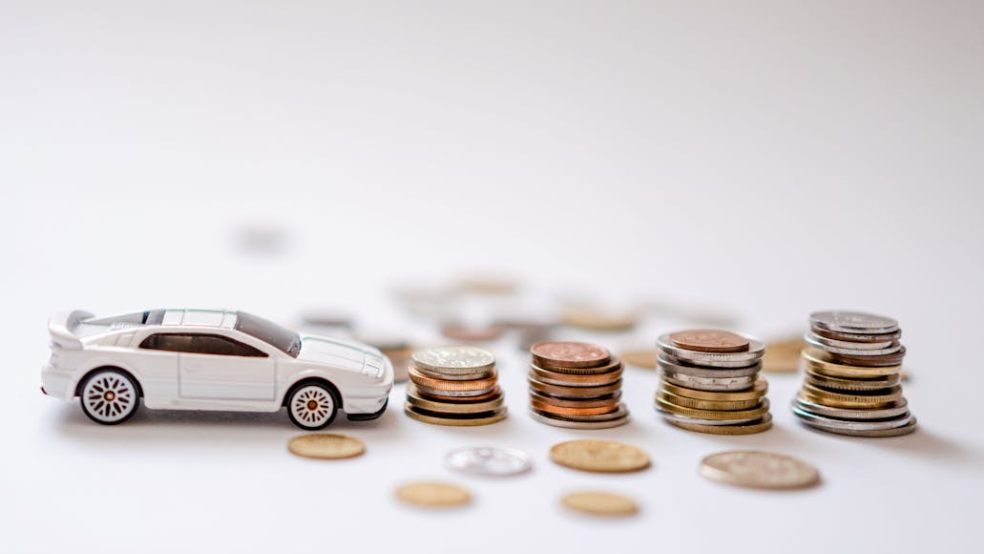
Role of Credit Scores in Determining Car Loan Interest Rates
When applying for a car loan, your credit score plays a pivotal role in determining the interest rate you’ll be offered. The higher your score, the lower your rate is likely to be. But why is that and what does it mean for you as a borrower? Keep reading to discover the role of credit scores in determining car loan interest rates and all the necessary details behind them!
What is a Credit Score?
A credit score reflects your creditworthiness, indicating how likely you are to repay borrowed money. It’s based on factors like payment history, debt amount, and credit history length. Scores range from 300 to 850, with higher scores indicating better credit.
Finding the Best Rate for You
Once you have a better understanding of your credit score and how it impacts your car loan interest rate, consider using a car finance saver which allows you to explore different loan options, check your eligibility without harming your credit score, and make an informed decision before applying. This can be a valuable step in securing more affordable rates and understanding the full scope of your car financing options.
How Your Credit Score Affects Car Loan Interest Rates
Lenders use your credit score to assess the risk of lending to you. A higher score indicates low risk, leading to lower interest rates. Conversely, a lower score suggests higher risk, resulting in higher interest rates to compensate for the potential of non-repayment. Thus, your credit score directly affects the cost of your loan.
How Do Different Credit Scores Affect Your Rate?
As mentioned, your credit score plays a crucial role in determining the interest rate you’ll receive on a car finance agreement. Understanding how your credit score affects your rate can help you secure a better deal.
Excellent Credit (750+)
With a score above 750, you’re in the best position to secure a car loan with the lowest possible interest rates. Lenders will view you as a highly reliable borrower and may offer rates that are close to the best available on the market.
Good Credit (700-749)
A good credit score indicates that you manage your finances responsibly. You may still qualify for favourable rates, but they might be slightly higher than those offered to borrowers with excellent credit scores.
Fair Credit (650-699)
If your score falls in this range, you might struggle to secure the lowest rates. Lenders may offer rates that are above the market average due to the perceived risk.
Poor Credit (Below 650)
With a credit score below 650, you may face higher interest rates or even difficulty in securing a loan. Some lenders may offer loans, but at rates that significantly increase the total cost of your car purchase.
Improving Your Credit Score for Better Rates
If your credit score isn’t where you'd like it to be, there are steps you can take to improve it before applying for a car loan:
- Pay bills on time to maintain a positive payment history.
- Reduce outstanding debt to lower your credit utilisation ratio.
- Check your credit report for errors that could be affecting your score.
- Avoid applying for new credit in the months leading up to your loan application.
Conclusion
Your credit score significantly impacts your car loan interest rate. Understanding how it affects your rates allows you to make informed decisions. Whether purchasing a new or used car, improving your score and comparing options can save you money. Start by checking your credit score today to take control of your car finance.













